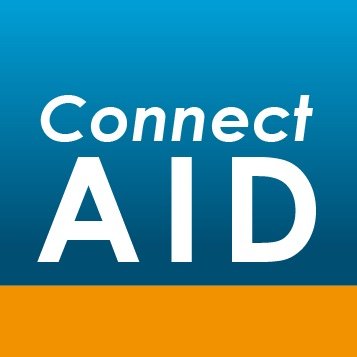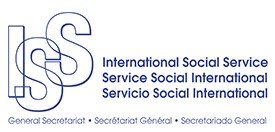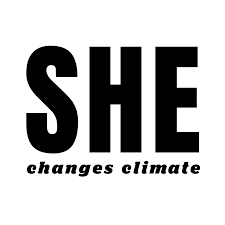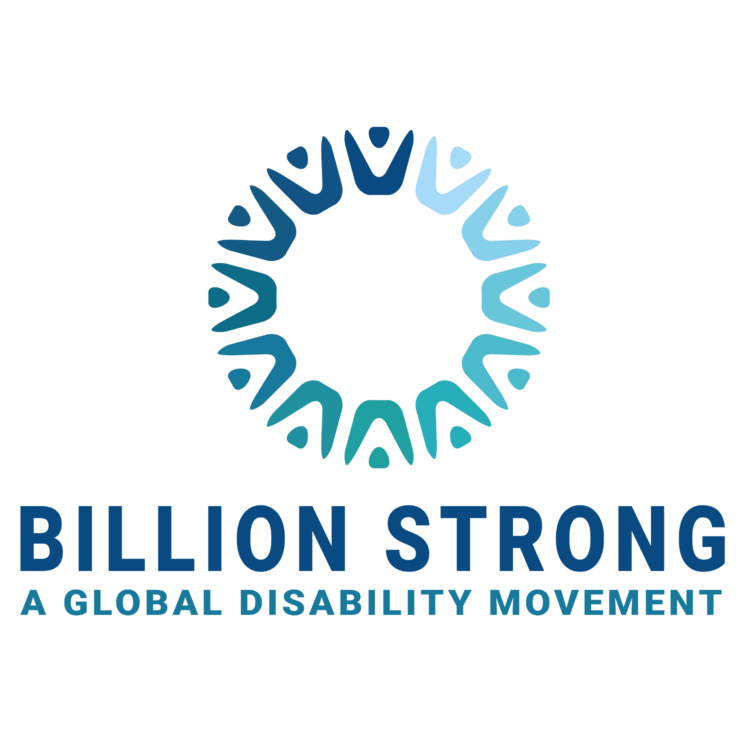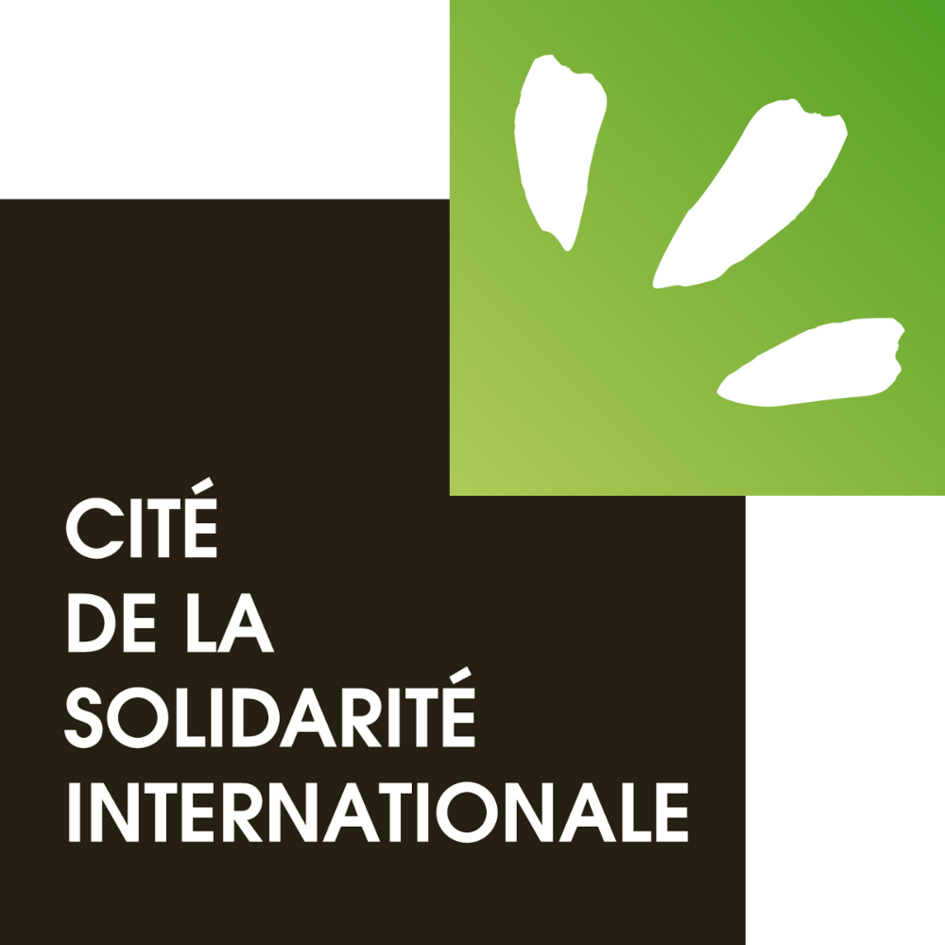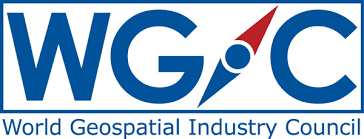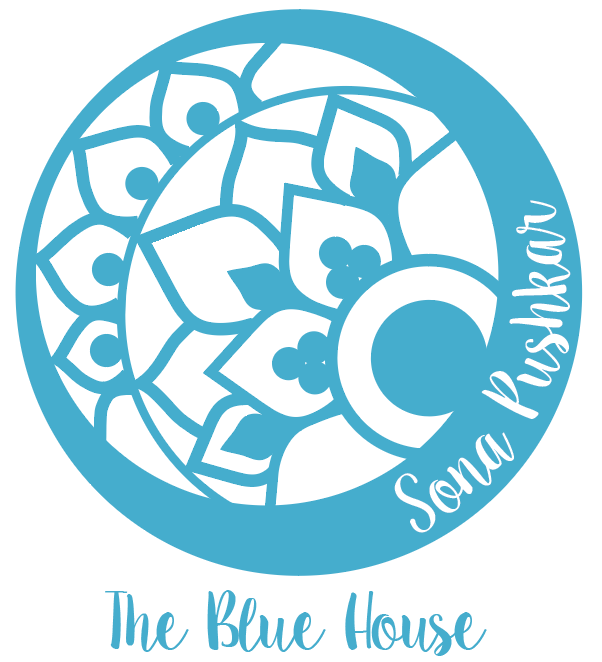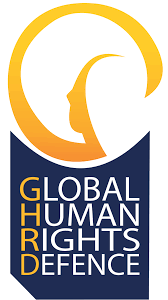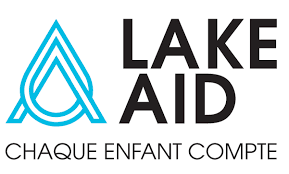Ricardo Espinosa
Former Chief of Relations with Civil Society, United Nations Office at Geneva
“ConnectAID is a social media network that makes sense, with the potential to contribute to Sustainable Development Goals and allow anyone to become actor of change with respect for human dignity."
Margareta Wahlstrom
President at Swedish Red Cross Society & Former Special Representative for Disaster Risk Reduction (UNISDR)
"Congratulations to ConnectAID for paving the way towards connecting people to international aid, and for inspiring all of us who aspire to contribute to a more equitable and sustainable world."
LaMondre Pough
CEO of Billion Strong
"ConnectAID's commitment to inclusivity and accessibility for all, including people with disabilities, is what makes us proud to be a nonprofit member. By working together and using the latest communication technologies, we can create a more equitable world that leaves no one behind."
Helen Clark
Former Prime Minister of New Zealand & Head of UNDP, Speaker at ConnectAID's World Summit of SDG Influencers
"It was an honor to be a keynote speaker at one of ConnectAID's World Summits of SDG Influencers. I was truly inspired by ConnectAID's work, and I hope others will be too. Every voice counts; make yours count."
Dan Thomas
Chief Communications Officer at the UN Global Compact
"ConnectAID's great initiative to bring people and sectors together to support our way out of this crisis is truly commendable. This is a time that calls for partnerships and for prioritizing people. It is in this spirit that ConnectAID was created - to promote collaboration and put people first. So: thank you."
Christine Milne
Global Greens Ambassador, Patron Australian Smart Energy Council, Officer of the Order of Australia.
"ConnectAID is the critical link to amplify inspiring stories and to enable the whole global effort for the SDGs to be greater than
the sum of the parts."
Thomas Gloria
Former Director of the Sustainability Programme at Harvard University
"For those who discover who ConnectAID is and what it's about: there is this true sense that we all belong. ConnectAID's strength is making everyone feel like they fit and everyone feels empowered to do something for sustainable development."
Helene Li
Co Founder GoImpact General Manager Fintech Association of Hong Kong
"ConnectAID's powerful platform plays a vital role in connecting the dots to drive the Sustainable Development agenda forward. There’s no Planet B, and no business on a half-dead planet. The urgency to move from intention to action is greater than ever before, and ConnectAID leads the way in making that happen."
Adam Rogers
Author, Senior UN Adviser, Vice president of ConnectAID
"ConnectAID is a unique platform that leverages the power of communication to connect individuals, organizations and communities to drive transformational change. Its focus on promoting dignity, equality, and opportunity for all is what sets it apart. I am proud to be part of a team that is bringing people together with the purpose of building a better future for everyone, leaving no one behind."

